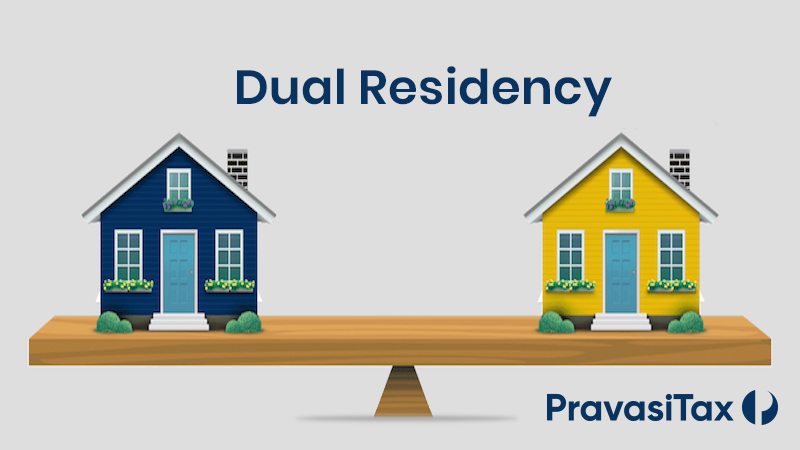 How to determine an individual’s residential status when he/she qualifies to be a ‘Resident’ in more than one country?
How to determine an individual’s residential status when he/she qualifies to be a ‘Resident’ in more than one country?
Situations may arise where an individual qualifies as a tax resident in more than one country based on the domestic laws of those countries. In such a situation, the residential status shall be determined in accordance with the following checks (popularly known as ‘Tie-Breaker Tests’):
Check One: The country in which he has a permanent home available to him.
Check Two: If he has permanent home available in both Countries, next check is to determine the country in which his personal and economic relations are closer (centre of vital interest). Factors generally considered include family and social relations, schooling of children, place of business or occupation, income and property, etc.
Check Three: If Check Two fails, then check the Country in which he has a ‘habitual abode’. The term ‘Habitual Abode’ has not been defined. It generally means the country where he stays more frequently.
Check Four: If all the above checks fail, then the Nationality of the individual needs to be considered to determine residential status.
Check Five: If he qualifies to be a National in both the Countries, then the countries shall settle the question by a mutual agreement.


